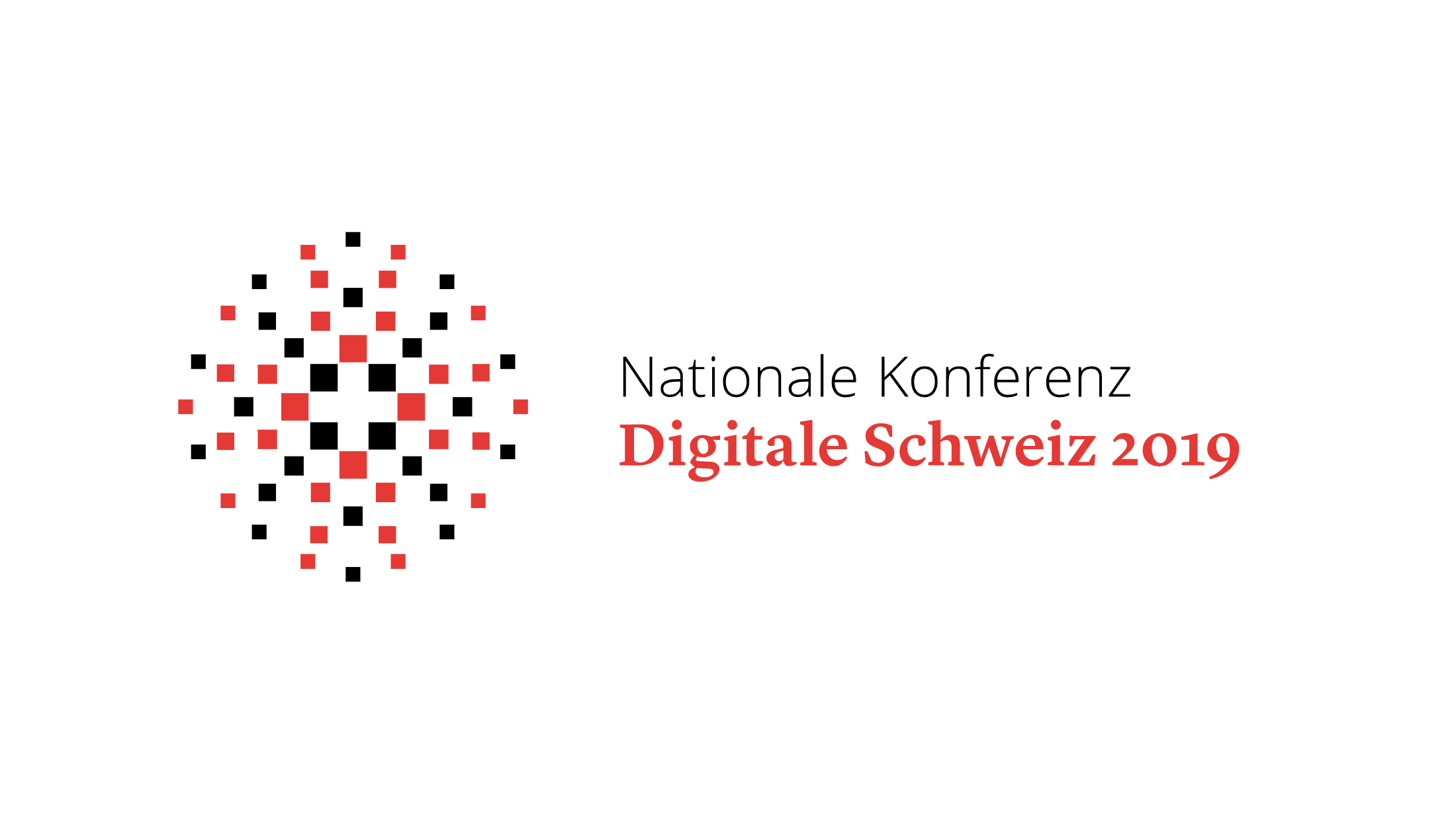Contents
This year's National Conference is part of a larger overall strategy named “Digital Switzerland” in which discussions are fostered on the areas of artificial intelligence, smart cities, federal cooperation and new fields of action for the strategy. At the invitation of the Swiss Federal Council (Switzerland's governing body), decision-makers and thought leaders, including our co-founder Pascal Kaufmann, shared their views on these key topics.
The purpose of the strategy is as follows: “Digital transformation enables the sustainable development of the country. To ensure that everyone can benefit from the advantages of current developments, the authorities at all federal levels, civil society, the private sector, the academic community and the world of politics must drive change together (a multi-stakeholder approach). In this context a constant dialogue between all stakeholders helps to anticipate challenges.”
The National Conference is a platform made to give the stakeholders precisely that opportunity to engage in dialogue. Over the course of the day three panel discussions took place with leading personalities from politics, science, the private sector and the public sector. The panels were centered around the guiding principles of the strategy. One panel discussed the importance of putting people first in the digital transformation.
Putting people at the center of the digital transformation process
Given Starmind's vision of making collective human intelligence accessible to everybody, this was the theme for which Pascal and Starmind's expertise was sought. The discussion involved the following participants:
- Adrian Lobsiger (Commissioner of the Federal Data Protection and Information)
- Andreas Rieder (Director of the Office for the Equality of People with Disabilities)
- Min Li Marti (Member of the National Council of Switzerland)
- Nathalie Bourquenoud (Director Human Development / Mobiliar)
- Pascal Kaufmann (Founder Starmind, Mindfire / neuroscientist)
The first question of the panel was directed at Pascal and it reveals a lot about the main themes of the 50 minute discussion that followed.
“Mr. Kaufmann, you claim that through research we will crack how the brain works in the foreseeable future. Why is it important for you that we understand how our brains work and to then replace it with an artificial brain? Would that not put the machine in the center of the digital transformation and degrade the humans?”
Here is Pascal’s answer (with English subtitles):
“I’m playing for Team Human.”
“I think it’s in human nature to use tools to our advantage. [...] I think there is nothing more human than to understand how our brain works and to reconstruct because it can be a very powerful tool.”
At a different point in the discussion, Pascal was asked about the advantages of being able to think with the power of a thousand brains:
“I think that the machines are made to find solutions and humans are here to ask the right questions.”
Further subjects in the discussion include the development of human-level artificial intelligence, the fear of negative impacts on humanity, the role of the government in ensuring the responsible development of technology and a fair digitalization process that gives everyone the same possibilities. Click here to watch the whole discussion.


